Black, Disabled, and Dealing With the Maze of Health Care
Share
Explore Our Galleries
Breaking News!
Today's news and culture by Black and other reporters in the Black and mainstream media.
Ways to Support ABHM?
By Anissa Durham, Word in Black
A new report shows adults living with a disability face delays in access to care. Advocates say it doesn’t have to be this way.
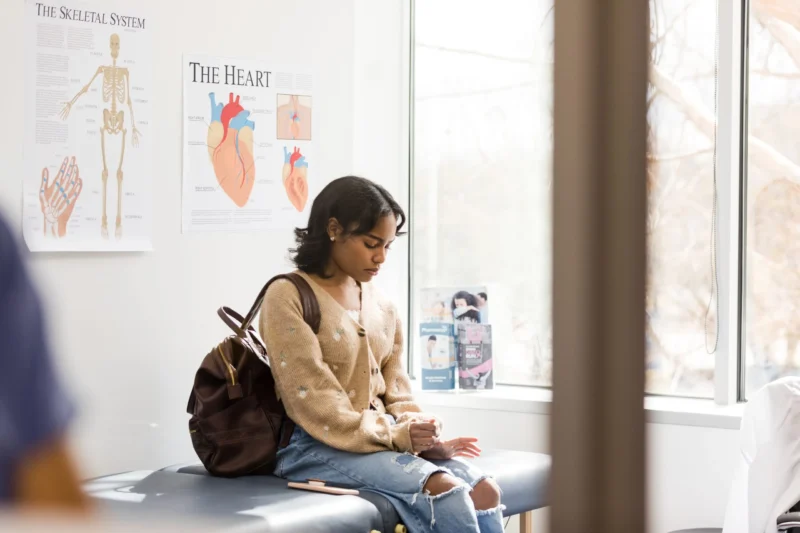
Sanieqwa Wilson has lived with Type 1 diabetes since she was 11. One of the challenges she has faced is getting an insulin pump. She first requested it when she was 25. Now, at 40, the Columbus, Ohio, resident finally got a new endocrinologist who approved it two months ago.
It took 15 years.
Part of the problem was the constant switch in doctors, Wilson says. Every few months or years, she was assigned a new endocrinologist. But it’s not just diabetes that she has to worry about.
In June 2017, she had a heart attack. 10 months later, on March 31, 2018, she had a sudden cardiac arrest — which subsequently left her in a coma for eight days. Wilson also lives with kidney disease and congestive heart failure.
“I have a lot of anxiety with my diabetes … it’s extremely traumatic,” she says. “I have PTSD from the sudden cardiac arrest.”
Adults like Wilson who live with a disability report higher rates of delayed access to medical equipment and supplies than adults without a disability, a new Urban Institute report finds. This contributes to worsening health outcomes, chronic pain, and mental health issues.
Learn about other issues Black Americans face today in this virtual exhibit.
Find more Breaking News here.
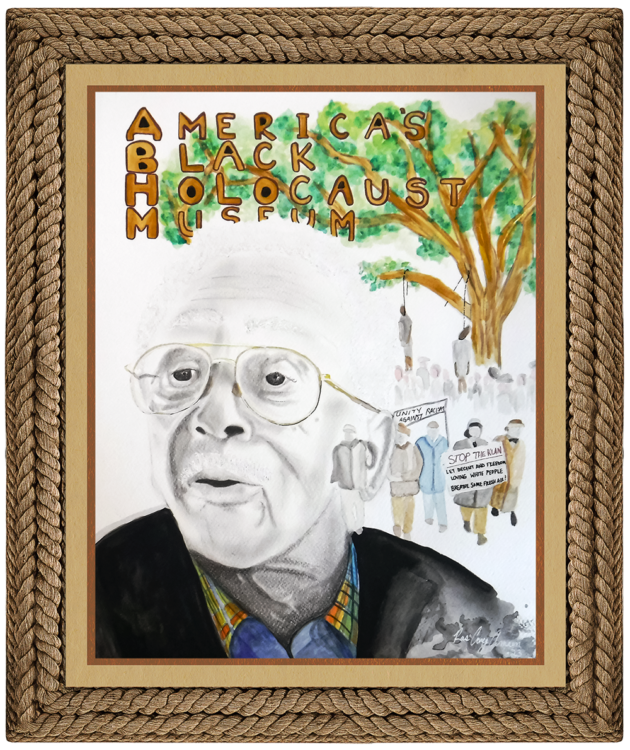
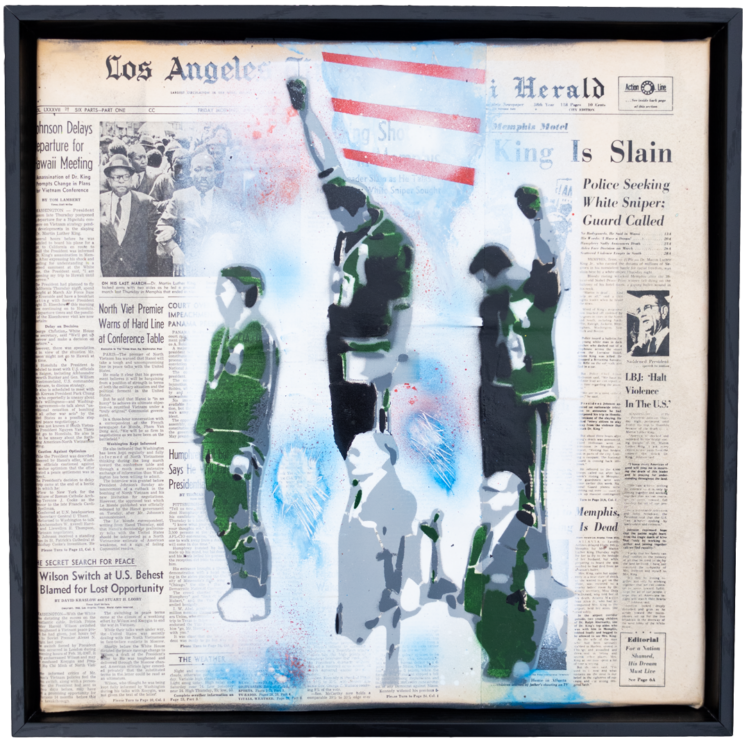

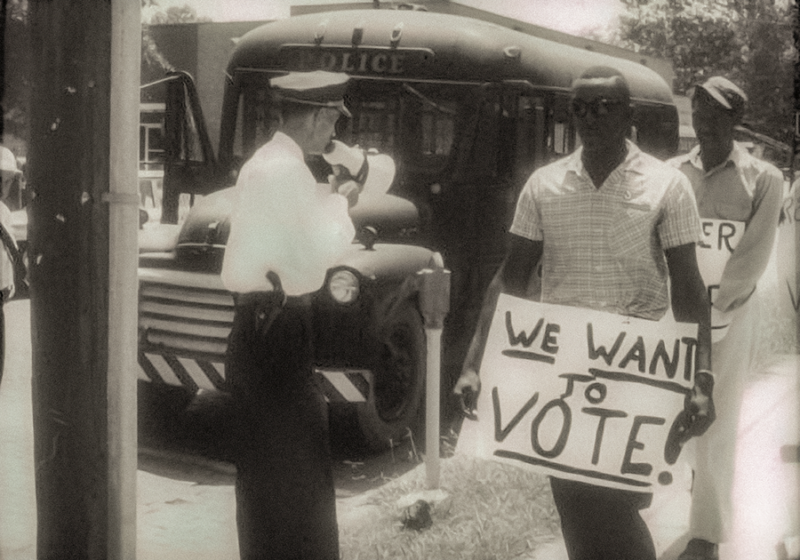

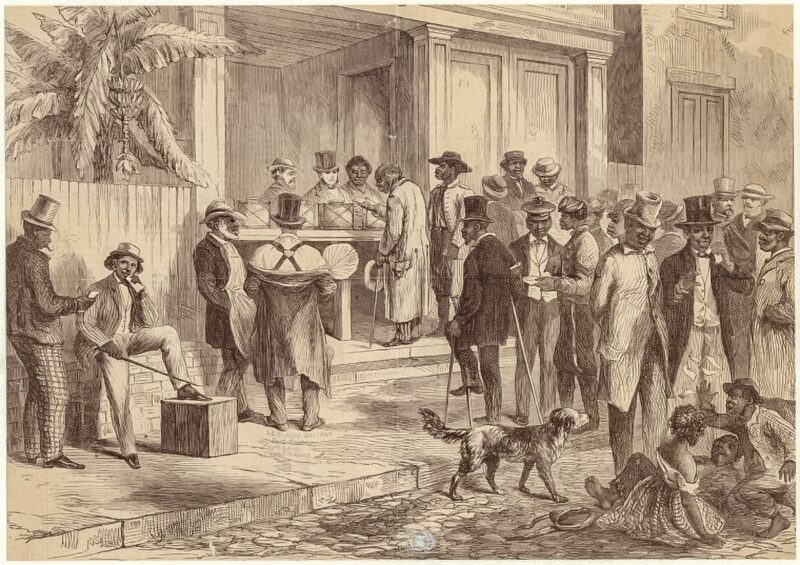
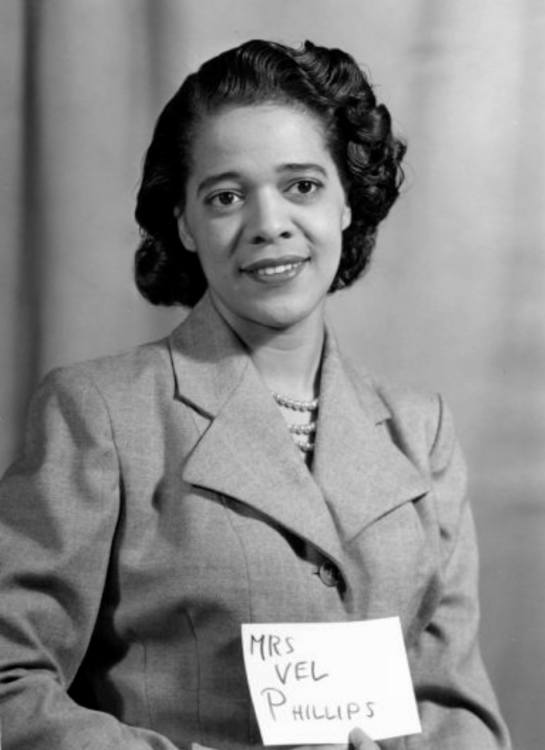
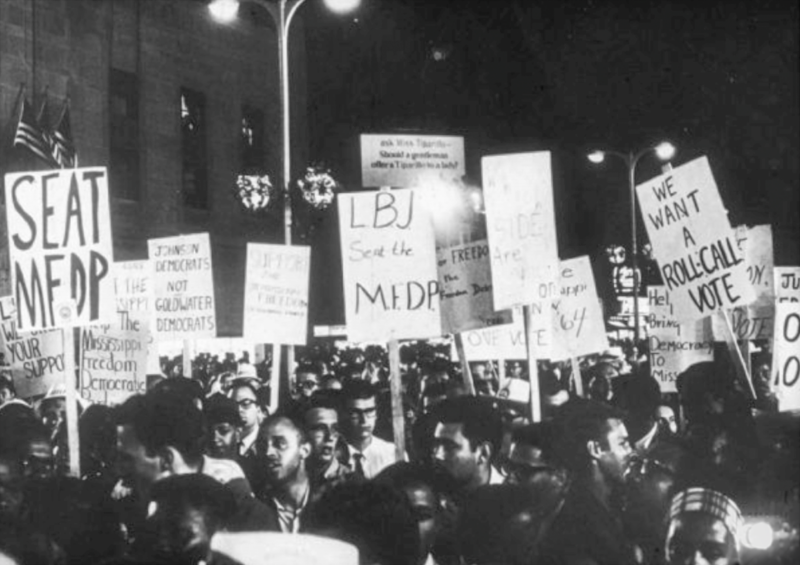
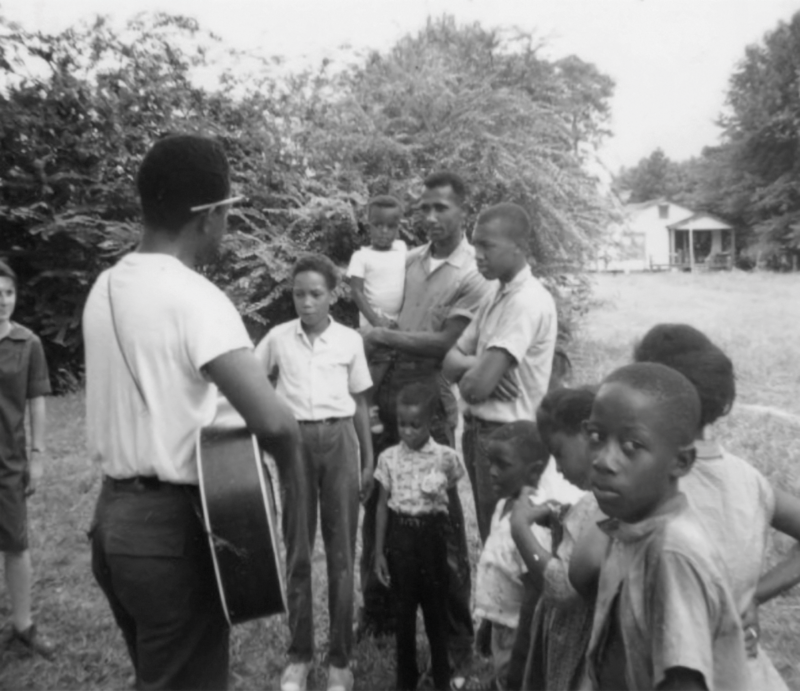
Comments Are Welcome
Note: We moderate submissions in order to create a space for meaningful dialogue, a space where museum visitors – adults and youth –– can exchange informed, thoughtful, and relevant comments that add value to our exhibits.
Racial slurs, personal attacks, obscenity, profanity, and SHOUTING do not meet the above standard. Such comments are posted in the exhibit Hateful Speech. Commercial promotions, impersonations, and incoherent comments likewise fail to meet our goals, so will not be posted. Submissions longer than 120 words will be shortened.
See our full Comments Policy here.